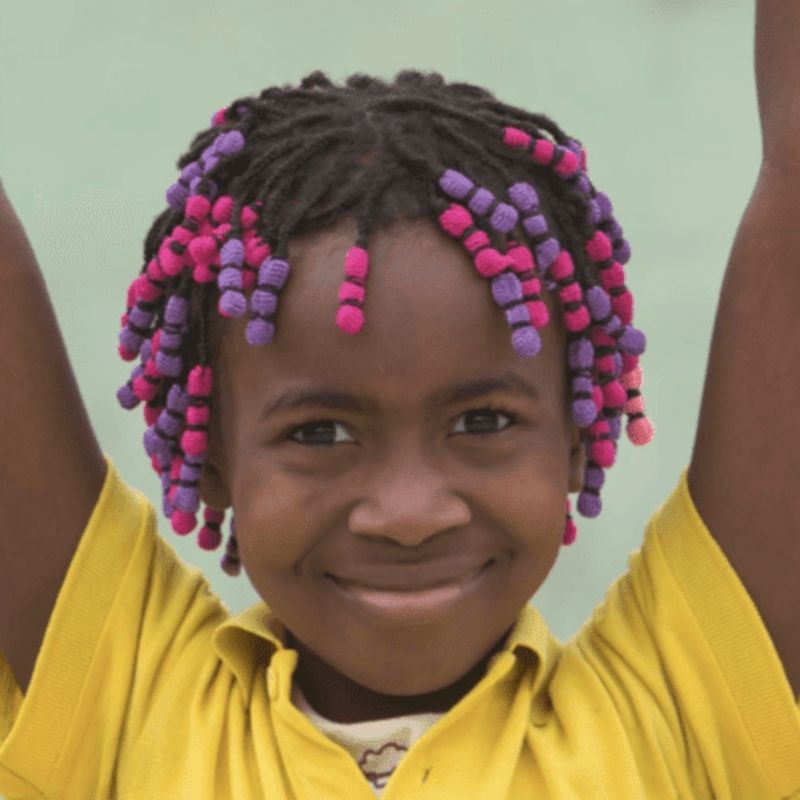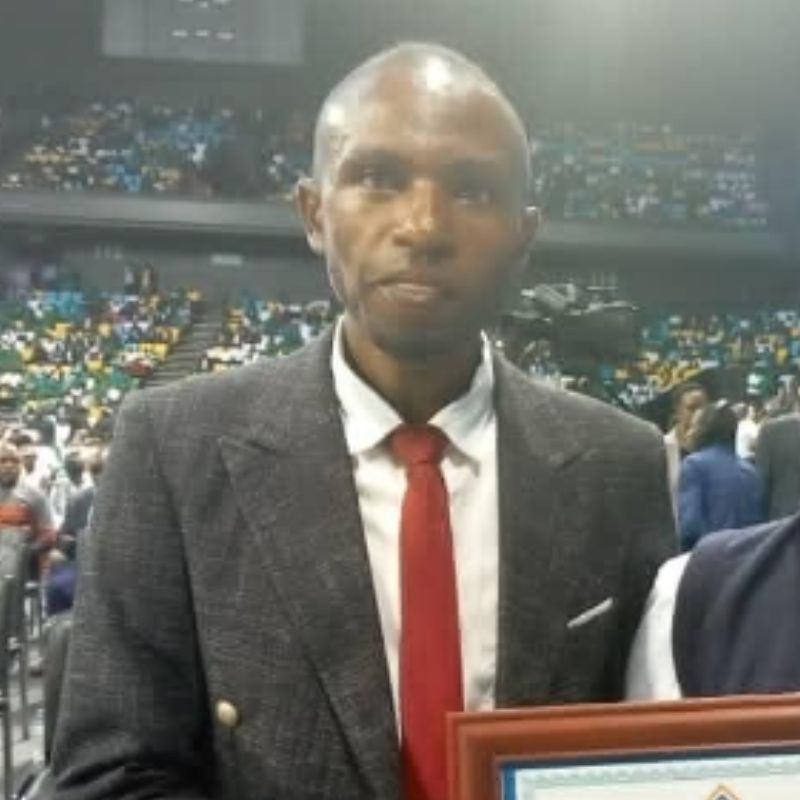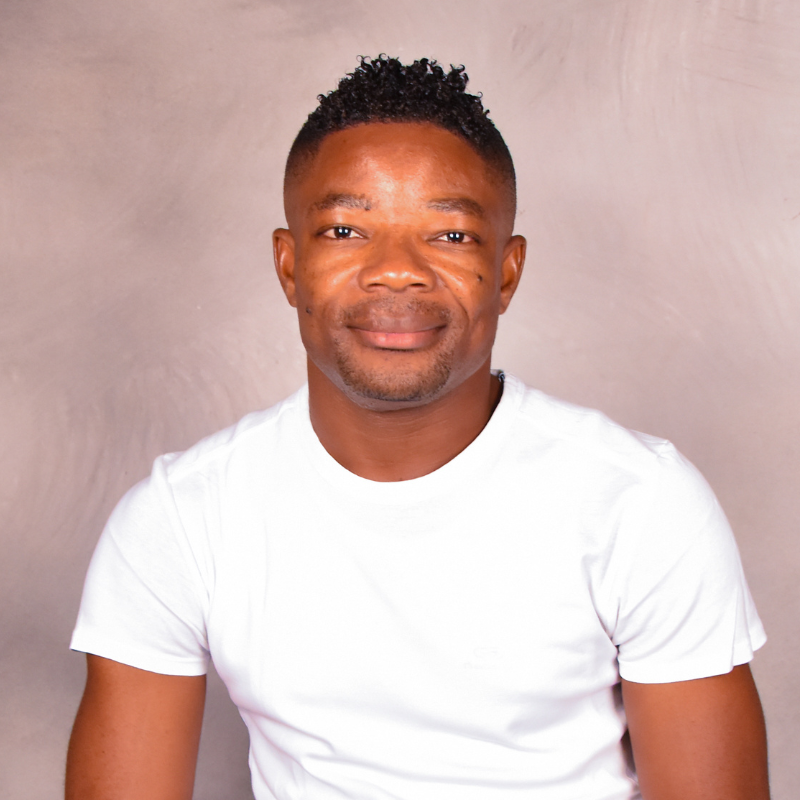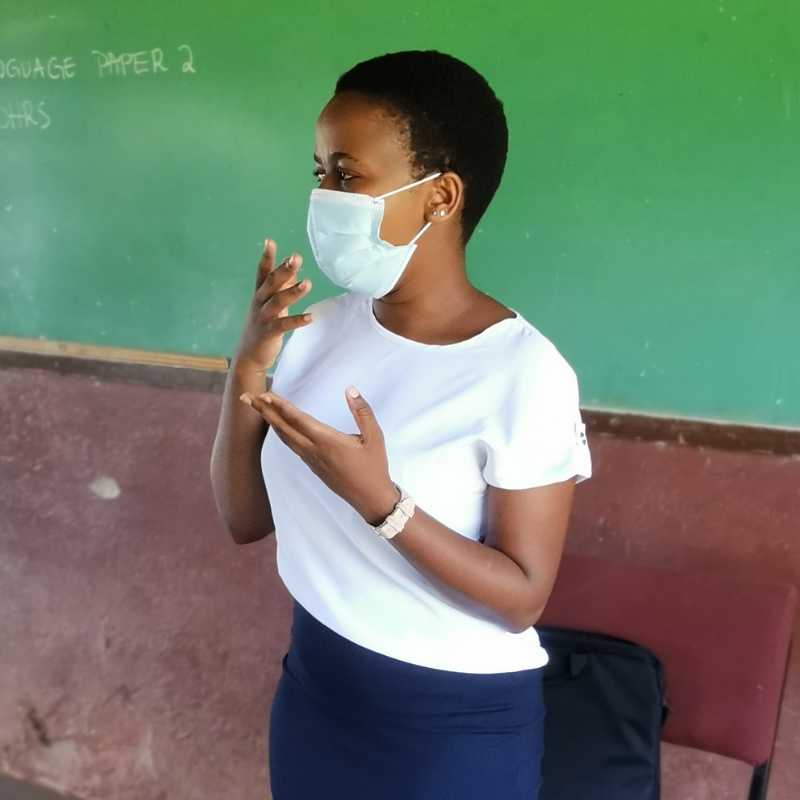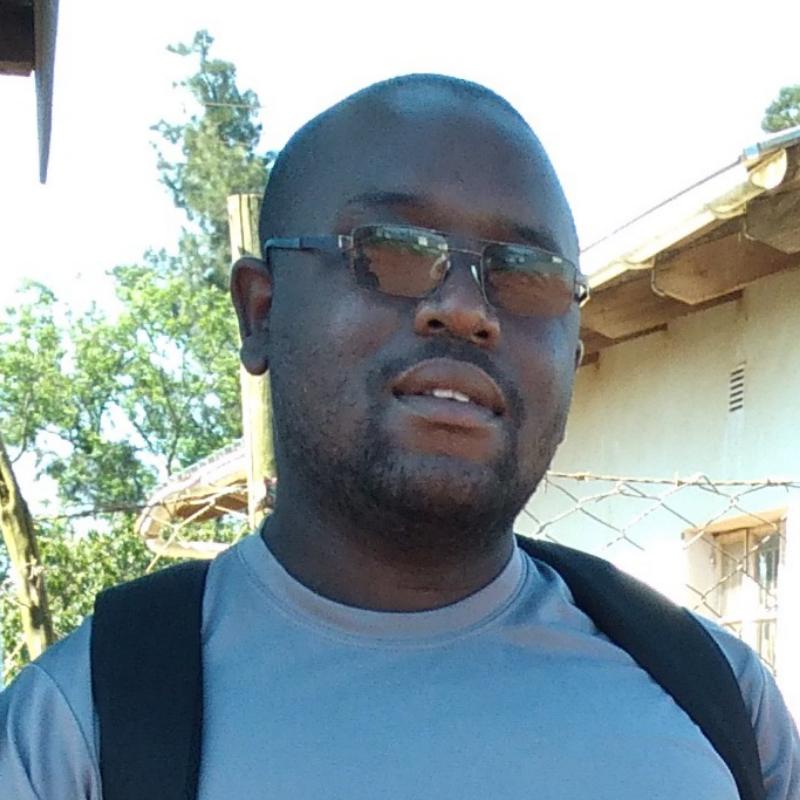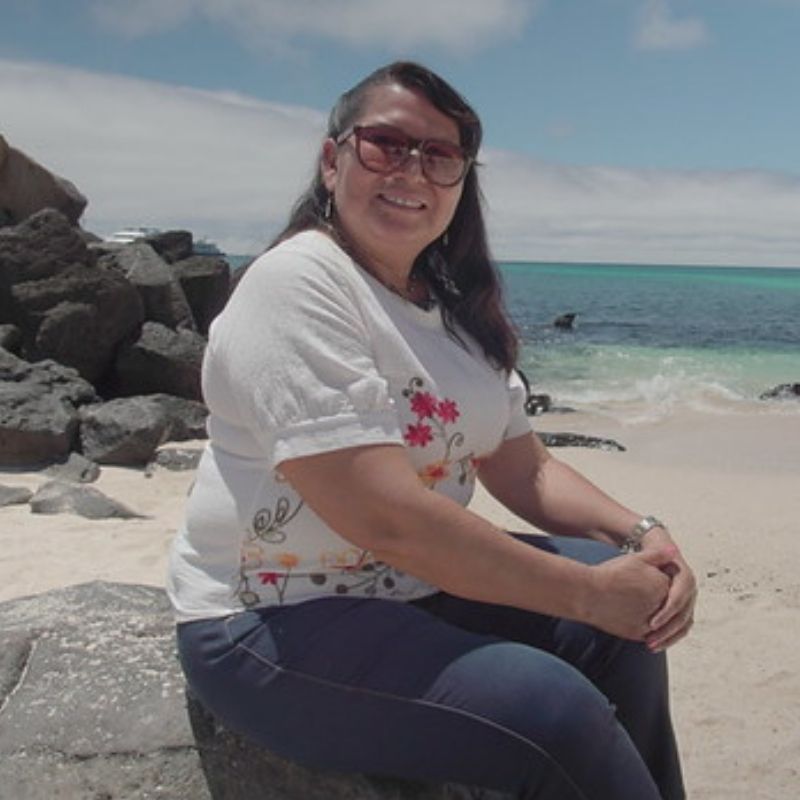ProFuturo is a digital education programme for the improvement of educational quality, using digital tools, in vulnerable environments and does so with a dual strategy: on the one hand it improves teacher training at the techno-pedagogical level and, on the other, it promotes meaningful student learning through motivational digital learning experiences.
Share
«The tablet class is one of Emilia’s favourites. The teacher comes to class and explains how to handle them and get the most out of them; this way he also has first-hand experience of the efficiency of the programme. »

60%
of children do not go to school regularlyEmilia’s unlimited curiosity and her unceasing battery of questions which she launches at machine gun speed at anyone who crosses her path have resulted in her friendship with Manuel. When he visits the school, the area manager tries to respond, patiently and amusingly, to all the questions asked by the little girl and explains the different functions of the tablets in the digital classroom.

Until recently, Angola was considered to be one of the most difficult countries for childhood. In 2015, 167 deaths of children under the age of 5 were registered in Angola for every thousand births.
As ProFuturo coordinator for the area, Manuel has periodic meetings with the teachers and principals of the five schools in his charge, to give them face-to-face training regularly throughout the programme; to resolve any queries they might have regarding the use of the digital teaching platform designed by ProFuturo.

Manuel visits the schools to accompany the teachers and students under the ProFuturo programme.

Emilia, like her friend Ana, dreams of having a house made of brick and of succeeding on her own merits.

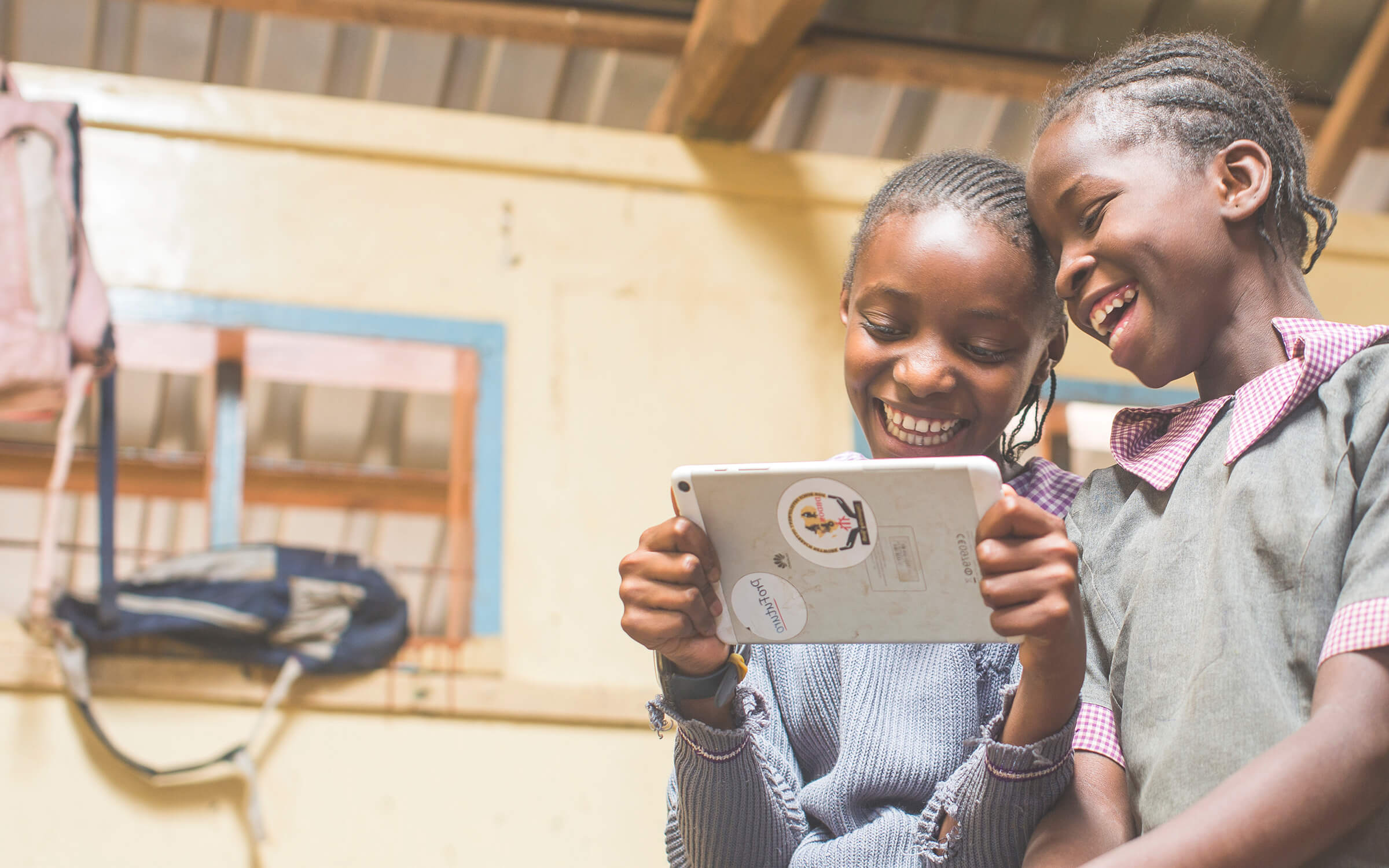
Emilia’s day begins early, helping her mother with the household chores, which include cleaning the house and going to collect water so the family can wash. Once she has finished, Emilia puts on her back-pack and sets off for school, the Nuestra Señora de Fátima school.
On the way to school, some of Emilia’s companions have to cross mountains of rubble and rubbish, but they are already used to it and do not give too much importance to the misery that surrounds them because they have only one objective in mind: to learn and have fun with their friends.
Emilia shares her enthusiasm for school with her friend Ana Bernarda Enoque, aged 12, whose family came to Luanda in 2000 fleeing from the Civil War which particularly affected the rural environment, where there are still many anti-personnel mines buried. Emilia y Ana usually dream aloud: they imagine a future in which they have a real house, made of brick, and where they will have the same rights as their male companions in their class.
Once classes are over, Emilia, Ana and their friends amuse themselves on the way home: playing football or with toys made from tins and sticks, running from side to side, etc. Children do not stop being children, even if they do not live in the best environment for growing up; in fact, until recently, Angola was considered to be one of the most difficult countries for childhood. In 2015, 167 deaths of children under the age of 5 were registered in Angola for every thousand births.
Emilia and Ana amuse themselves hiding among the huge concrete jungles under construction in their neighbourhood. They sit down and share confidences, they hide among the blocks of cement and play at imagining that one of those properties is their home and that, through school, education and ProFuturo, their dream has come true.



